Why Vegan Food Is Not Working for You
Introduction
Many people turn to a vegan diet expecting better health, more energy, and weight loss. A vegan diet is plant-based and eliminates all animal products — no meat, milk, eggs, or even honey.
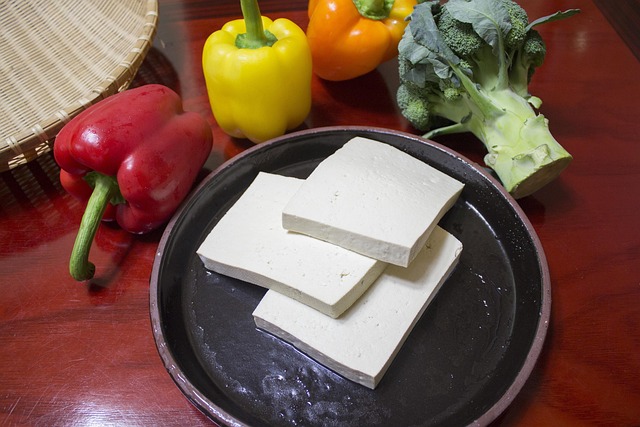
While it’s true that veganism has many health benefits, some people feel worse after switching to it. You might be gaining weight, feeling tired, or having digestive issues — and you’re not alone.
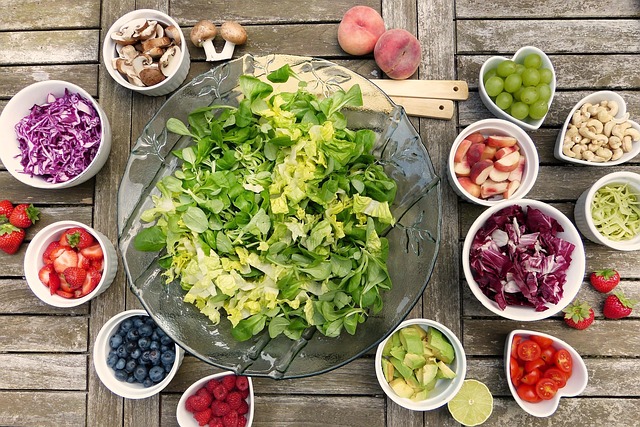
This doesn’t mean vegan food is bad. It just means it needs to be done the right way. Let’s understand what vegan food actually is, and why it might not be working for you.
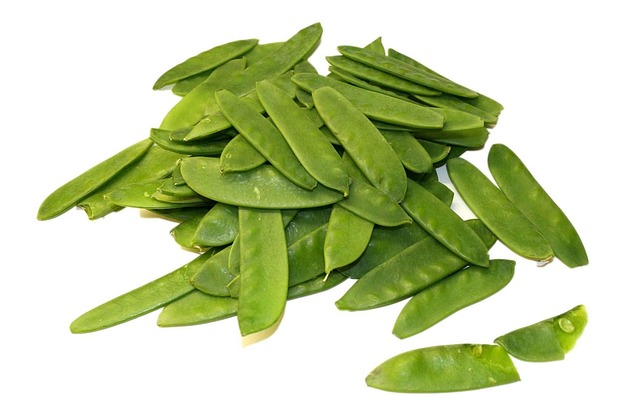
What Are Vegan Foods?
Vegan foods are foods that come only from plants. They include:
- Vegetables and fruits
- Grains like rice, wheat, oats, and quinoa
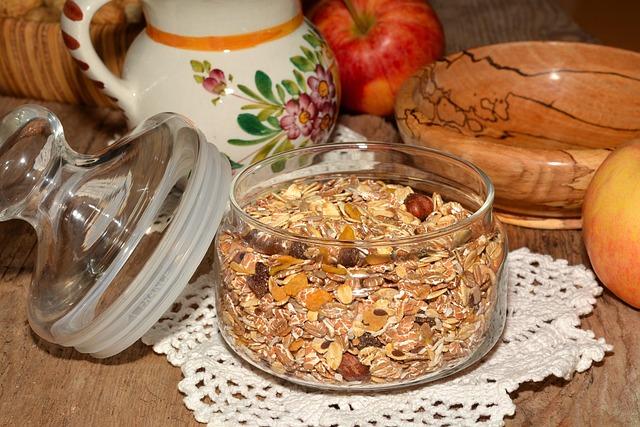
- Legumes like lentils, chickpeas, and beans
- Nuts and seeds (almonds, flaxseeds, walnuts)
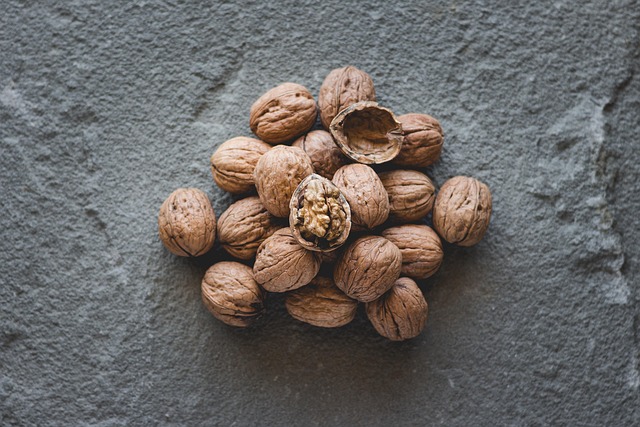
- Plant-based oils (olive oil, coconut oil)
- Soy products like tofu and tempeh
- Plant-based milk (soy, almond, oat, coconut milk)
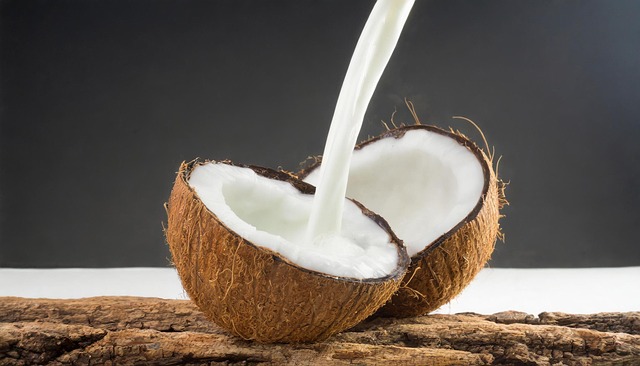
These foods are rich in fiber, vitamins, and minerals. However, if not balanced properly, even healthy vegan food can cause problems.
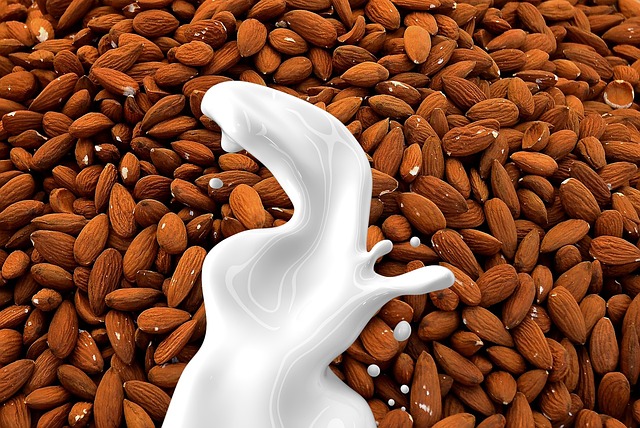
Why Vegan Food Might Not Be Working for You
1. Lack of Protein in Your Meals
If you’re eating only fruits, rice, and vegetables, you might be missing protein. Protein is important for strength, energy, and weight balance.
👉 Fix: Add tofu, lentils, chickpeas, quinoa, soy milk, and tempeh to your meals daily.
2. Too Much Processed Vegan Food
Packaged vegan snacks, frozen foods, or sweets may still be high in sugar, salt, and unhealthy oils — even if they’re “vegan.”
👉 Fix: Eat more fresh foods like salads, steamed veggies, fruits, grains, and homemade meals.
3. Missing Key Nutrients (B12, Iron, Omega-3)
Vegan diets can be low in some vitamins and minerals, especially Vitamin B12 and Iron. If you feel tired or weak, this could be why.
👉 Fix: Use fortified foods and take a B12 supplement. Add leafy greens, flaxseeds, chia seeds, and spirulina to your diet.
4. High Carbs, Low Healthy Fats
Eating too much bread, pasta, and white rice without adding healthy fats can make you feel hungry or sluggish.
👉 Fix: Include avocados, nuts, seeds, and olive oil regularly.
5. Sudden Increase in Fiber
Switching to a fiber-rich diet too quickly can upset your stomach, causing gas or bloating.
👉 Fix: Increase fiber slowly. Drink more water and try fermented foods like pickles or vegan yogurt.
Final Tips to Make Vegan Food Work for You
- Balance your meals with protein, carbs, and healthy fats.
- Don’t rely on processed vegan items — cook fresh and simple.
- Use supplements like Vitamin B12 and Omega-3 if needed.
- Plan your meals ahead so you don’t miss key nutrients.
- Eat a colorful variety of plant foods every day.
- Listen to your body — if something feels off, adjust slowly.
- Stay consistent but flexible. Veganism is a lifestyle, not a race.
Remember, vegan food is powerful — but it works only when planned mindfully.